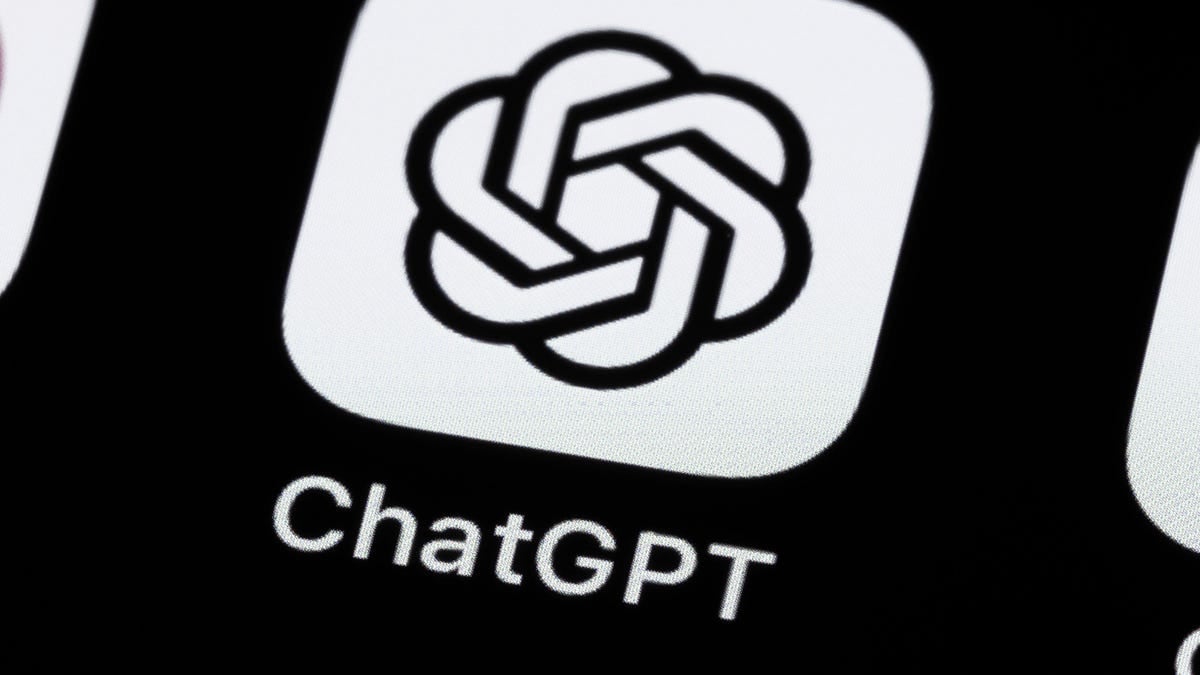The research from Purdue University, first spotted by news outlet Futurism, was presented earlier this month at the Computer-Human Interaction Conference in Hawaii and looked at 517 programming questions on Stack Overflow that were then fed to ChatGPT.
“Our analysis shows that 52% of ChatGPT answers contain incorrect information and 77% are verbose,” the new study explained. “Nonetheless, our user study participants still preferred ChatGPT answers 35% of the time due to their comprehensiveness and well-articulated language style.”
Disturbingly, programmers in the study didn’t always catch the mistakes being produced by the AI chatbot.
“However, they also overlooked the misinformation in the ChatGPT answers 39% of the time,” according to the study. “This implies the need to counter misinformation in ChatGPT answers to programming questions and raise awareness of the risks associated with seemingly correct answers.”



Yeah, because no human would convincingly lie on the internet. Right, Arthur?
It’s literally built on what confidently incorrect people put on the internet. The only difference is that there are constant disclaimers on it saying it may give incorrect information.
Anyone too stupid to understand how to use it is too stupid to use the internet safely anyways. Or even books for that matter.
Holy mother of false equivalence. Google is not supposed to be a random dude on the Internet, it’s supposed to be a reference tool, and for the most part it was a good one before they started enshittifying it.
Google is a search engine. It points you to web pages that are made by people. Many times, the people who make those websites have put things on them that are knowingly or unknowingly incorrect but said in an authoritative manner. That was all I was saying, nothing controversial. That’s been a known fact for a long time. You can’t just read something on a single site and then be sure that it has to be true. I get that there are people who strangely fall in love with specific websites and think they are absolute truth, but thats always been a foolish way to use the internet.
A great example of people believing blindly is all these horribly doctored google ai images saying ridiculous things. There are so many idiots that think every time they see a screenshot of Google ai saying something absurd that it has to be true. People have even gone so far as to use ridiculous fonts just to point out how easy it is to get people to trust anything. Now there’s a bunch of idiots that think all 20 or so Google ai mistakes they’ve seen are all genuine, so much so that they think almost all Google ai responses are incorrect. Some people are very stupid. Sorry to break it to you, but LLMs are not the first thing to put incorrect information on the internet.